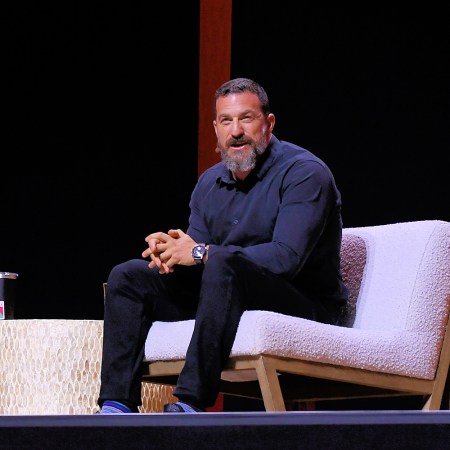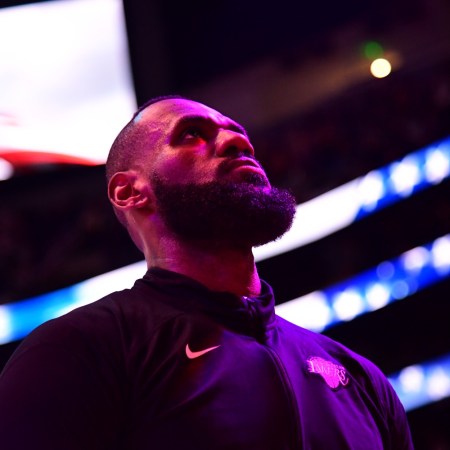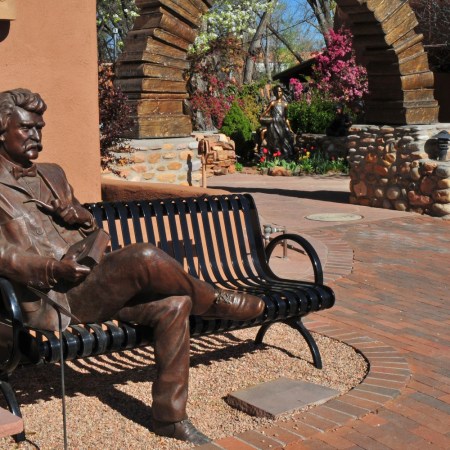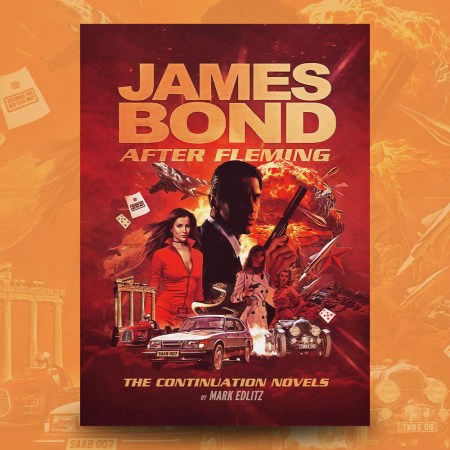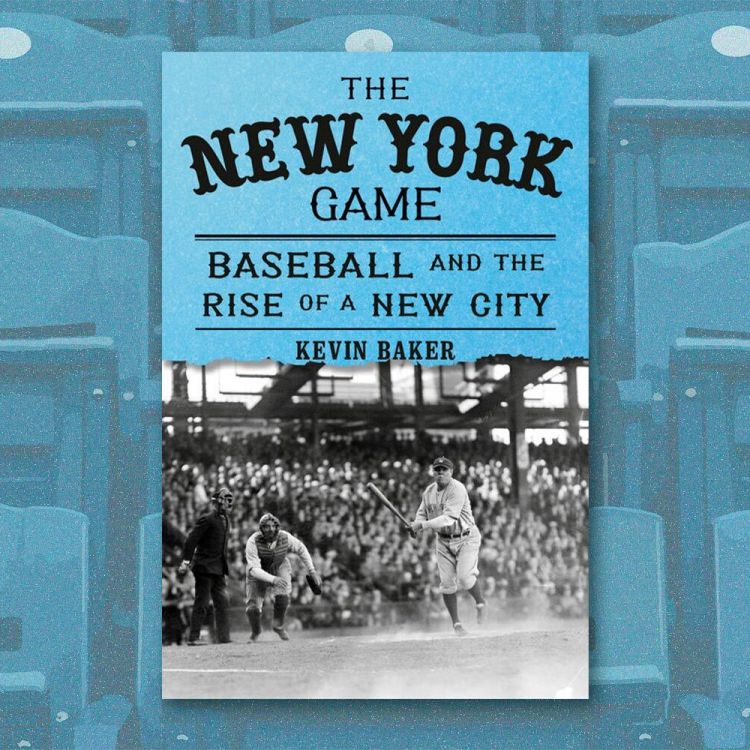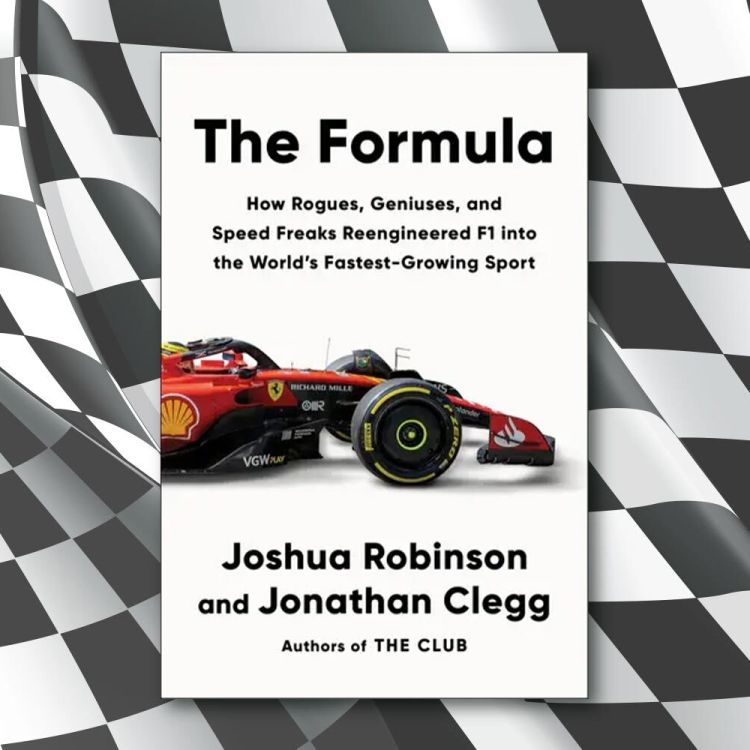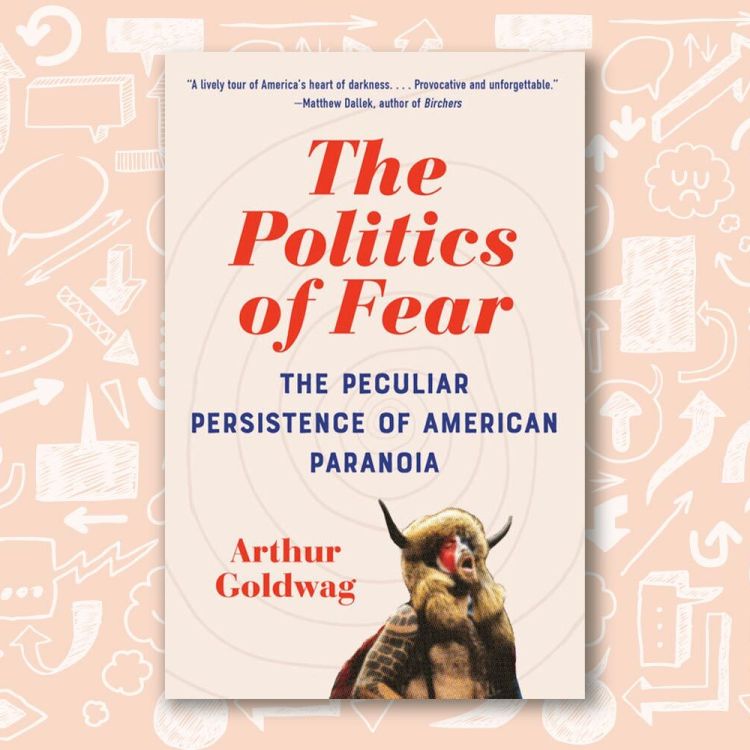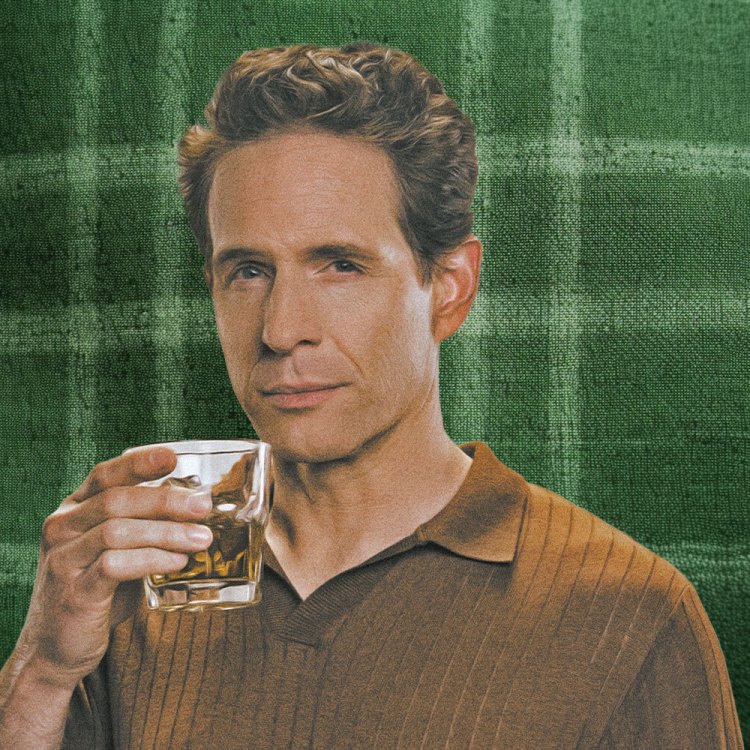The last decade has seen a seismic shift in the influence of podcasts on the rest of pop culture. Acclaimed television shows like Homecoming and The Midnight Gospel have their origins in the world of podcasts, and recent moves like Spotify’s purchase of The Ringer illustrate the scale of podcasting in 2020. Combine that with the growing popularity of true crime — aided in no small part by the rise of true crime podcasts — and you have a unique cultural moment.
That, in turn, has led to podcasting itself becoming a part of the larger cultural landscape. Whereas before, a novel or movie might have featured a crusading journalist as its protagonist, nowadays you might see a crusading podcaster in that role instead. Writing at CrimeReads, novelist Kit Frick delved into the ways that crime fiction has embraced the era of true crime podcasts.
Frick is drawing on her own experience here: her novel I Killed Zoe Spanos includes a true crime podcast host among its characters. Frick discusses her own experiences here, and cites several other recent novels that have incorporated podcasts as part of their podcasts. For Frick, this particular pop cultural moment has led to a greater level of accessibility for crime fiction:
Many writers whose books feature newspaper reporters and other career journalists came themselves from a background in the field before pivoting to fiction; given the nuances of the profession and a desire to “get it right,” this makes perfect sense. Podcasting is a different animal entirely; while professional podcasts abound, so do those put together by amateurs. This variety has enabled a wider range of authors to effectively and convincingly play in the podcast sandbox.
It’s a convincing argument — and it also suggests another way that crime fiction is well-poised to evolve with the times.
Subscribe here for our free daily newsletter.
Thanks for reading InsideHook. Sign up for our daily newsletter and be in the know.

